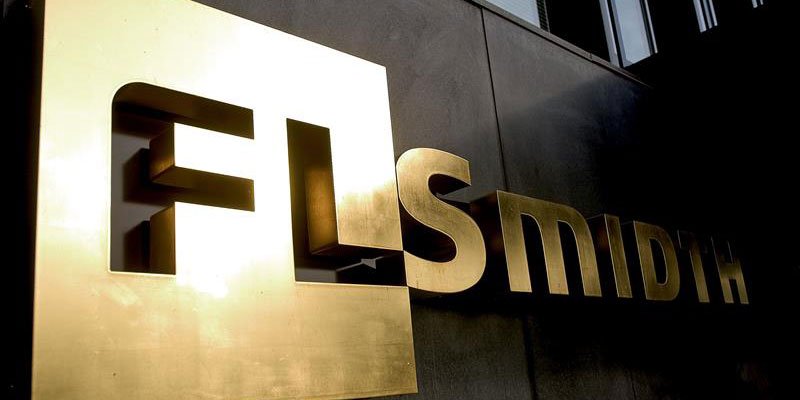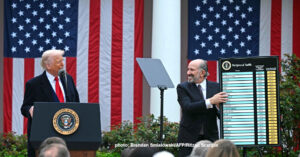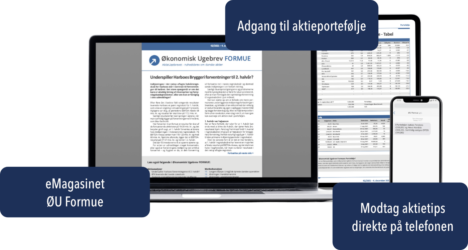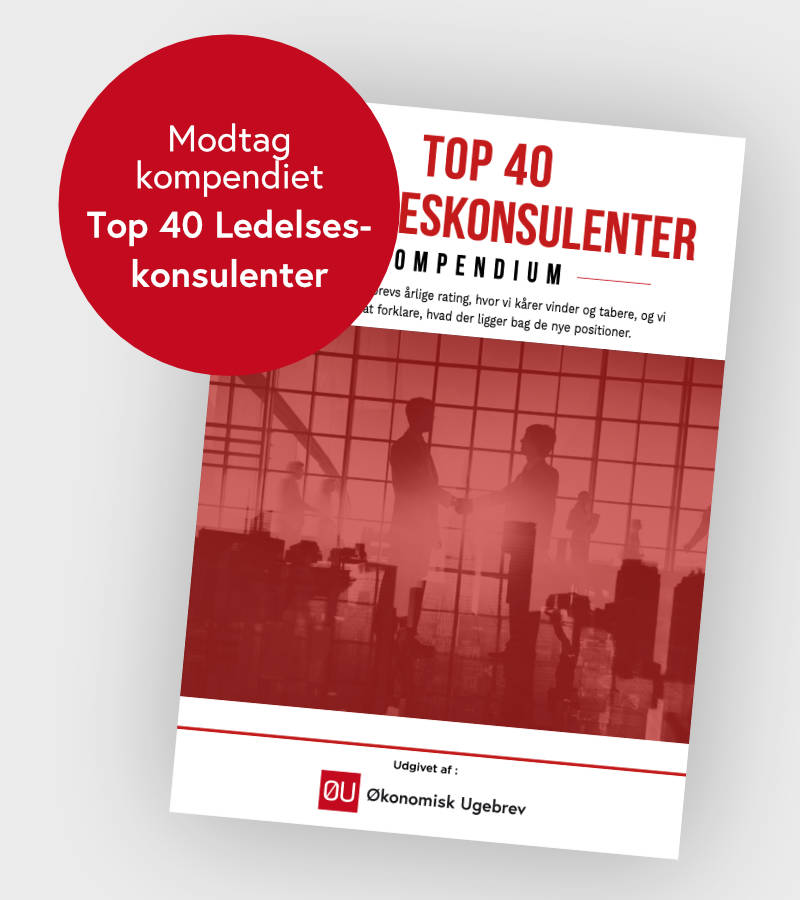With the acquisition of ThyssenKrupp’s mining technology activities, FLSmidth is following in the footsteps of several rivals that have embarked on an intensive consolidation of the industry over the past few years. A new head of mining, a greatly expanded customer base and many thousands of new employees should prepare FLSmidth for a coming boom in mining investment. It is a rational investment, editor Morten A. Sørensen writes in this analysis.
CEO Thomas Schulz is taking a big bet on a coming boom in the global mining industry with a €320 million acquisition. In doing so, FLSmidth now follows major rivals that have already merged or acquired in the past two or three years to form much larger units than before.
After the acquisition of ThyssenKrupp’s mining engineering activities with a turnover of €775 million in 2020, mining engineering will account for about 75 percent of a total turnover (based on 2020 figures) of €3 billion. Among other things, the mining companies will be gearing up to take advantage of the surging demand for a range of raw materials from copper to cobalt that is expected to accompany the global energy transition to much greater use of green electricity.
Mining industry investment reached below $6 billion in 2020, but is now expected to reach at least $8 billion by 2025. So suppliers can expect revenue growth of more than a third over a few years. For FLSmidth, this would mean – theoretically and all else being equal – an increase in sales to the mining industry (including ThyssenKrupp) from €2.2 billion in 2020 to €2.9 billion in 2025.
The acquisition of the ThyssenKrupp activities will be the biggest investment since Thomas Schulz joined FLSmidth in 2013. Even before the acquisition, FLSmidth was poised for an upswing in the coming years, according to several analysts, and with the acquisition FLSmidth can further leverage the good prospects for the mining market.
Sceptical investors
The FLSmidth share fell more than eight percent after the acquisition was finally agreed. This was due firstly to the simultaneous announcement of a capital increase that will boost the group’s capital base by around 20 percent – or just over 265 million euros – and dilute existing shareholders.
Secondly, shareholders have not had an unconditionally good experience with FLSmidth’s large acquisitions. In the 1990s, it went wrong when FLSmidth invested heavily in several large acquisitions, including aircraft maintenance. And the investment of around €310 million in 2012 in major Australian coal mining technology supplier Ludowici led to a €110 million write-down the very next year.
FLSmidth’s acquisition of ThyssenKrupp’s mining technology business is the latest step in a major consolidation of the mining technology industry in recent years. The main competitors have already created broad product and service offerings with large-scale M&A activity. UK-based Weir bought US-based Esco in 2018/19 and Finnish arch-rivals Outotec and Metso joined forces in 2020.
According to Thomas Schulz, this broad offering is particularly important if a not-to-bypass single supplier is to be created. As digitalisation progresses, suppliers will have a particular advantage if they can offer a comprehensive supply, service, control and monitoring of entire production processes.
FLSmidth’s new acquisition had a significant single-digit negative operating result in 2020. This is partly because the industry was hit hard by Covid-19, partly because the acquired businesses are in the midst of a recovery process, and partly because they have had to bear some of the joint group costs of the larger ThyssenKrupp. In the years to come, there should therefore be low-hanging fruit to pick when ThyssenKrupp activities are to be made more profitable.
The price of €320 million paid by FLSmidth for the acquisition is, according to the financial house Jefferies, what the market expected. According to FLSmidth, the price corresponds to just under 4 times the EBITDA operating profit that the group expects to derive from the activities once the merger has been finalised and the cost synergies of €50 million per year have been achieved, probably in 2025.
Since, according to Sydbank, FLSmidth has traded at approximately 10 times EBITDA over the past ten years, the acquisition could create significant value for shareholders.
The acquisition of a recognised player such as ThyssenKrupp’s mining supplier gives FLSmidth a very large overall installed base of plants and a very broad product range. It will provide a good starting point for even more sales to a booming mining industry. In the big picture it seems like a rational investment.
Morten A. Sørensen
Would you like to read more articles in English? Find them here: Our articles in English














